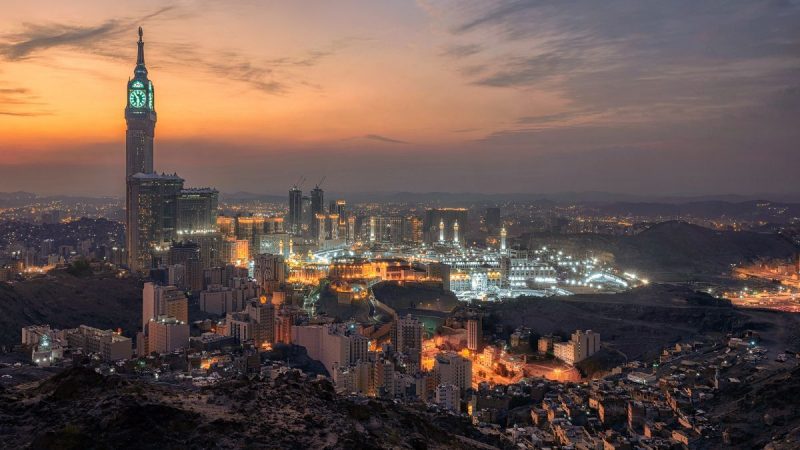Saudi Arabia has officially opened its doors to foreigners to invest in listed real estate companies within the sacred cities of Mecca and Madinah. If you’re wondering what this means for international investors and the local economy, buckle up! This guide breaks down the latest update, its implications, and how it aligns with Saudi Vision 2030.
A New Era For Foreigners To Invest In Mecca And Madinah
Starting January 27, foreign investors are now permitted to invest in Saudi-listed companies owning real estate in Mecca and Madinah. This landmark decision by the Saudi Capital Market Authority (CMA) is a strategic move to attract foreign capital while maintaining the sanctity of the Holy Cities. But before you imagine skyscrapers popping up in every corner, there are rules to ensure balance and compliance with local laws.
The Fine Print: Rules You Need to Know
- Investment Scope:
Foreign investors can only buy shares or convertible debt instruments in Saudi-listed real estate companies. Ownership is limited to 49% of the company’s shares for non-Saudi individuals or entities, ensuring the majority stake remains local. - Strategic Investor Exception:
Foreign strategic investors cannot hold shares or convertible debt instruments, preserving certain economic advantages for local entities. - Usufruct Rights for Companies:
Saudi-listed companies can acquire ownership or rights over properties for their headquarters or branches in Mecca and Madinah, provided the property is solely used for these purposes.
Why This Move Matters
This update is about transforming Saudi Arabia’s capital market. By allowing foreign investors to participate, the CMA aims to:
- Enhance market liquidity: More investments mean more funds available for development projects in the Holy Cities.
- Support Saudi Vision 2030: Diversifying the economy and making the Saudi market a global investment hub is a key pillar of Vision 2030.
- Boost market competitiveness: This decision positions Saudi Arabia as an attractive destination for regional and international investors.
The Bigger Picture: Vision 2030 Goals
This isn’t Saudi Arabia’s first step toward welcoming foreign investment. Over the years, the CMA has introduced measures to broaden market accessibility, including:
- Permitting foreign residents to invest directly in the Saudi stock market.
- Allowing qualified foreign institutions to acquire strategic stakes in listed companies.
- Enabling investments in debt instruments and real estate funds.
These initiatives have collectively diversified funding channels and made the Saudi capital market one of the most dynamic in the region.
Real Estate Meets Investment Opportunities
Foreign investors now have the chance to benefit from the economic perks of projects in Mecca and Madinah. Whether it’s contributing to iconic developments or tapping into the steady demand for real estate in the Holy Cities, the opportunities are vast. Investors must adhere to Saudi laws, particularly those governing real estate ownership and investment by non-Saudis, ensuring their involvement aligns with local regulations.
A Landmark Shift
Saudi Arabia’s decision to allow foreigners to invest in listed real estate companies in Mecca and Madinah is more than a financial opportunity, it’s a step toward global integration and economic diversification. By balancing inclusivity with respect for local laws, the country has crafted a model that benefits both investors and the sacred cities.
Cover Image Courtesy: Canva Stock Images
For more such snackable content, interesting discoveries and the latest updates on food, travel and experiences in your city, download the Curly Tales App. Download HERE.

